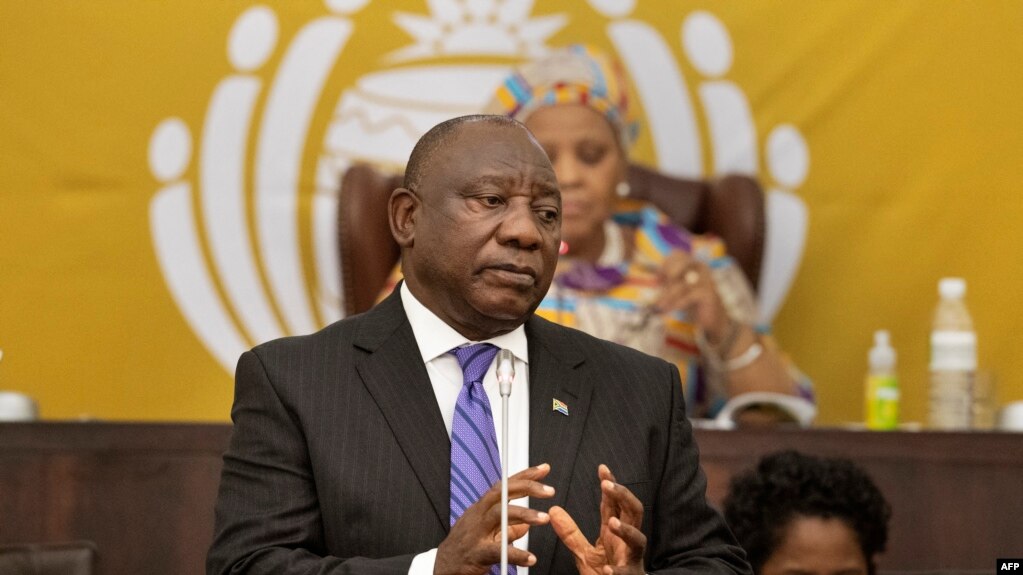South Africa’s business confidence index fell for the fifth successive quarter to a near three-year low of 27 points in the second quarter of 2023.
It plummeted further due to persistent load-shedding and challenging economic conditions amid rising interest rates and cost pressures.
The manufacturing sector remained the most downbeat, with confidence at 17 points, while retail confidence declined by 14 points to 20 reflecting pressures on profitability and worsening of business conditions.
“It remains unclear as to what will meaningfully lift confidence over the short term, especially as load-shedding could get worse over the winter months,” RMB Chief Economist Isaah Mhlanga said.
“Some of the drivers of negative sentiment such as strained geo-diplomacy could be resolved in the coming months, while current constraints on business conditions such as load-shedding could look somewhat better in 2024 and may support an improvement in confidence over time,” he added
Manufacturing sector was gloomy, with confidence at 17 points. Retail confidence declined by 14 points to 20 reflecting pressures on profitability and worsening of business conditions.
RMB/BER conducted the South Africa’s Business Confidence Index survey between 10 and 30 May, covering 1,050 senior executives in the building, manufacturing, retail, wholesale, and motor trade sectors.
“The decline in confidence was on the back of another decrease in business activity, although this likely does not explain the full extent of the deterioration in sentiment,” Bureau for Economic Research said.
Mixed economic factors
The country’s currency, the rand, hit a record low R19.91 to the US dollar after the government of President Cyril Ramaphosa agreed to offer diplomatic immunity to Russian delegates during the BRICS summit slated for August.
The and also weakened after allegations swirled that Russia received arms in SA and the rising concern of possible economic sanctions over Ramaphosa’s government stance on Russia.
Business confidence index measures how optimistic or pessimistic business people are regarding their expected financial situation.
In May, South Africa’s central bank raised its benchmark interest rate to a 14-year high and gave an upward projection of its inflation projection for 2023.
According to Governor Lesetja Kganyago, the decision sought to raise confidence that inflation could be reined in “sustainably over time”.
“Given upside inflation risks, larger domestic and external financing needs and load-shedding, further currency weakness appears likely,” Kganyago explained.

